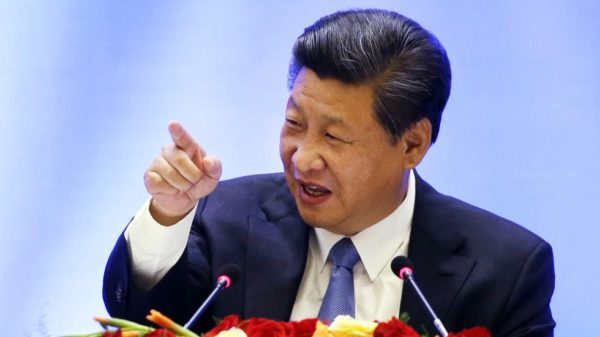More than three years after the completion of the last mile connectivity project that linked more than 1.5 million people to the electricity grid in Kenya, there are yet to be any economic benefits for the beneficiaries and the country.
The African Development Bank (AfDB) says the project’s end goal of spurring economic development in Kenya remains far from being realised as a vast majority of the beneficiaries are only using the electricity for lighting and entertainment.
AfDB, which supported the project with a $135 million loan in 2014, covering 91 percent of the entire cost, expected it to improve the competitiveness and expansion of small businesses in Kenya and to raise living standards in the country in terms of health, education and access to information.
However, an impact evaluation report of the project reveals that although it did indeed connect 1.571 million people to the grid as expected, it is yet to deliver the expected gains in health, commercial activity and wealth creation for the beneficiaries.
The evaluation done by AfDB’s Independent Development Evaluation (IDEV) unit revealed that the most significant gains of the project were in education. It increased the probability of studying at night by 46 percent and performance in the Kenya Certificate of Secondary Education (KCSE).
It also significantly contributed to an improvement in social cohesion and social capital, as well as communities’ awareness of current affairs including local politics, education, and health issues in the country.
Smallholder farmers and businesses which got connected through the project are, however, not benefiting as much from it. The use of electricity in irrigation and agricultural activities increased by only 17 percent but didn’t translate to more jobs in the agriculture sector.
Businesses also reported improved security and longer opening hours, but no corresponding increment in jobs created or desire to start or own businesses.
Additionally, households are still spending as much as before on energy every month and there has been no improvement on their respiratory health or well-being of the beneficiaries as had been expected.
The AfDB team also found that families that had benefited from the project had depleted their savings by 6 percent and increased their borrowing by 7 percent, although that wasn’t entirely attributed to the project itself.
“Despite good technical quality and strong partnerships with the Kenyan government and other development agencies, the sustainability of the development outcomes of the project was found to be highly unlikely in the near term,” the team said in the report handed to the energy sector officials this week.
Kenyan energy sector officials blamed the low impact of the project on multiple issues, including the high cost of electricity and little knowledge on utilisation techniques.
“There was no sensitisation of communities. They need to be sensitised to make them aware that electricity can be used to create wealth, not only for lighting,” said Anthony Musyoka, a design and construction manager at the Kenya Electricity Transmission Company (Ketraco).
Joseph Oketch, director of electricity and renewable energy at the Energy and Petroleum Regulatory Authority (EPRA), argued that the high cost of electricity in the country limited productive use of the power in Kenya. More in The EastAfrican













